Master of Science in Agronomy
January 6, 2024 2024-03-22 6:34Master of Science in Agronomy
Master of Science
in Agronomy
Course Duration : 2 Years
About this Course
Our M.Sc. Agronomy program offers a dynamic learning environment focused on crop production, soil management, and sustainable agriculture. Led by renowned faculty, students engage in cutting-edge research and hands-on fieldwork. With flexible curriculum options and access to state-of-the-art facilities, students are equipped to become leaders in agronomy, driving innovation and sustainability in agriculture. Join us and be part of the transformation of agriculture towards a more sustainable future.
Some of the Popular Career Paths Include

Life of a
Student in Agronomy
Specialize your knowledge in cultivating pharmaceutical crops. In this Master's program, you'll learn the art and science of optimizing plant growth for medicinal purposes, contributing to the sustainable production of pharmaceutical ingredients. Your journey is a fusion of agricultural expertise and pharmaceutical innovation.
Download Brochure
Our Proud Alumni

Animesh Banerjee

Jameson

Mritunjay Chaudhary

Lakshmi S. Nath

Pasan Pavan Kalyan

Rahul Jaiswal

Shivam Kumar

Yadhika Ghatani

Praveen Kumar Thakur

Shaswat Deep

Ritik Kumar
Photo Library
Crafting careers, fueling dreams. Where learning meets adventure, everyday.





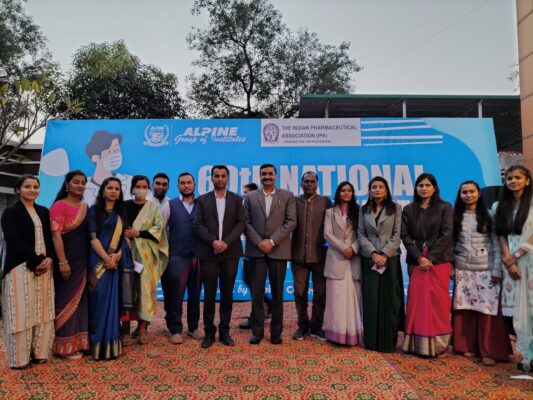
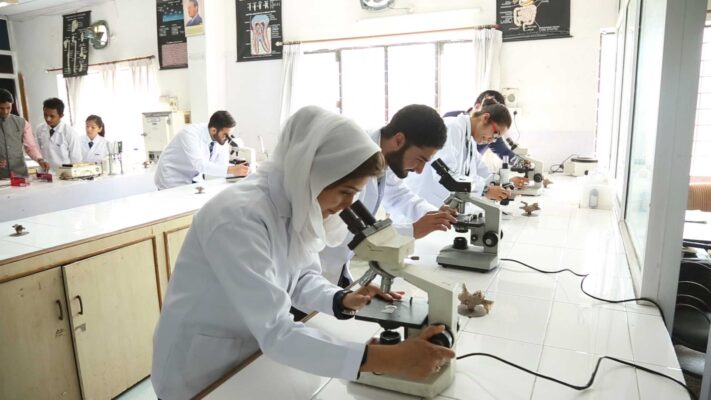

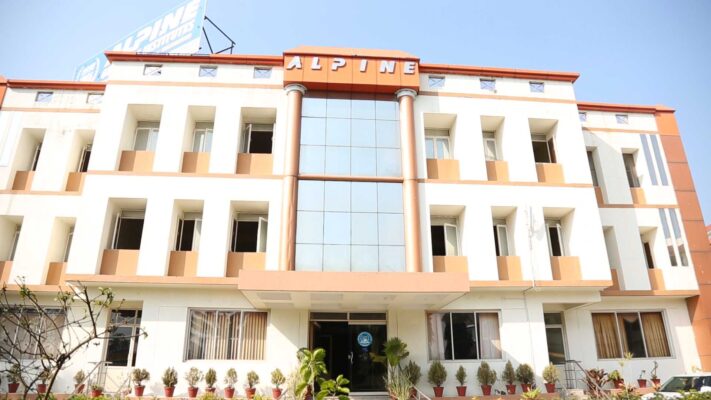



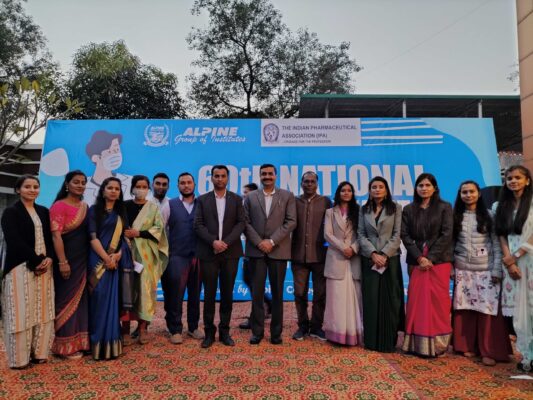


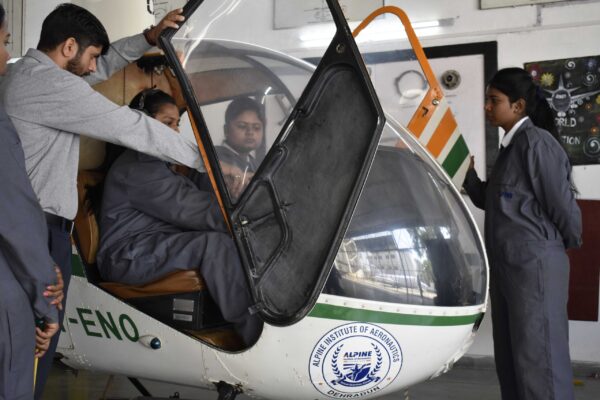



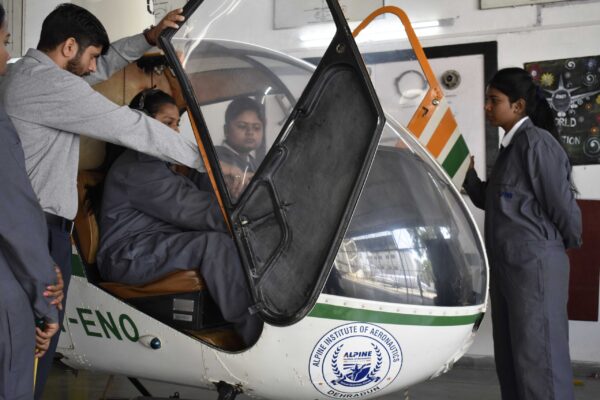

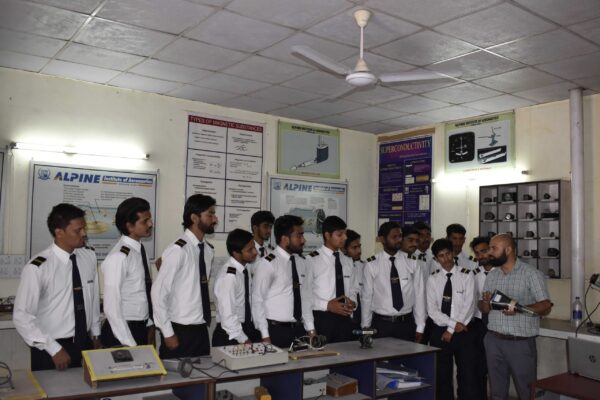
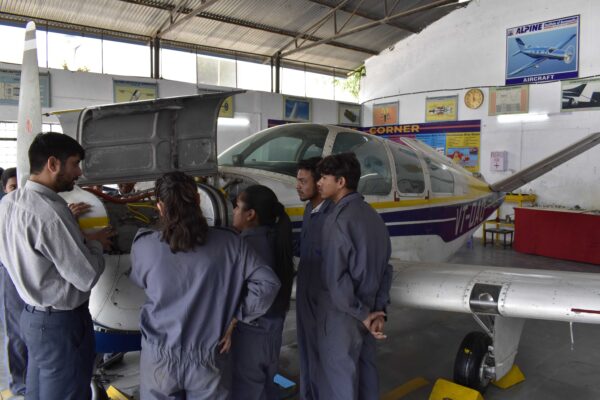


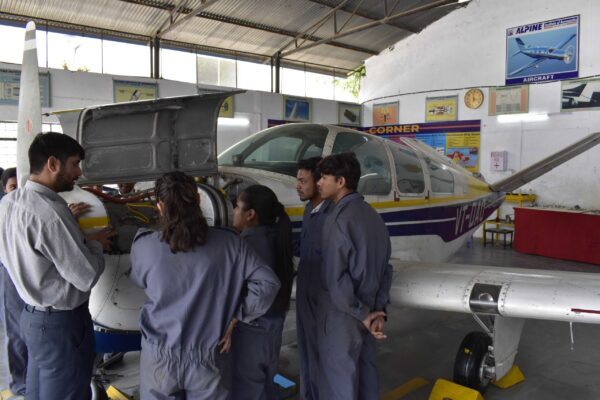




Frequently Asked Questions
Agronomy, as a specialized field within agricultural science, focuses on crop production and soil management. A Master degree in Agronomy opens up a wide range of career opportunities in the agricultural sector. Here are some potential career prospects for individuals with a M.Sc. in Agronomy like-
Crop Agronomist, Extension Specialist,Seed Production Manager,Research Scientist, Agribusiness Manager, Crop Consultant, Environmental Consultant, Entrepreneurship, Crop Production Specialist, Lab Technician, Agriculture Officer, Sales Executives in Pest & Fertilizers Company, KVKs, ICAR projects, startups, etc.
Other than graduates with a M.Sc. in Agronomy may find employment opportunities in government departments or agencies responsible for agriculture, natural resources, or environmental protection. They may work in regulatory enforcement, agricultural research, policy development and extension services. Students may also opt to pursue academic careers in universities and colleges. They may work as lecturers, professors, or researchers, teaching courses in agronomy, crop science, soil management, or related fields.
A Master degree in Agronomy can offer many benefits, both professionally and personally. Here are some of the advantages one can expect:
– A master’s degree program into the field of agronomy, providing you with advanced knowledge and understanding of soil management, plant sciences, crop production, and other related areas.
– With a master’s degree in agronomy, you may qualify for higher-level positions within the agriculture sector. These can include roles such as agronomist, crop consultant, research scientist, extension officer, farm manager, etc.
– Through your education and work in agronomy, you’ll be equipped to contribute to sustainable agricultural practices, crop improvement, soil conservation, and food security. Making a positive impact in these areas can be personally fulfilling and contribute to global efforts to address pressing agricultural challenges.
– Generally, individuals with advanced degrees tend to command higher salaries compared to those with undergraduate degrees or diplomas. With an M.Sc. in Agronomy, you may qualify for higher-paying positions due to your specialized knowledge and expertise.
The specific requirements for admission to a Master of Science (M.Sc.) program in Agronomy can vary depending on the university or institution offering the program. The main requirements for being a student of M.Sc. Agronomy in Dehradun Colleges are:
Bachelor’s Degree: Typically, applicants are required to have a bachelor’s degree in a related field such as agronomy, agriculture, soil science.
Academic Background: Usually required, with a minimum GPA (Grade Point Average) requirement set by the institution. This GPA threshold may vary depending on the competitiveness of the program.
Additionally, meeting the minimum requirements does not guarantee admission and selection is often based on a holistic evaluation of the applicant’s qualifications and potential for success in the program. Top of Form
A Master of Science (M.Sc.) program in Agronomy typically covers many areas related to crop production, soil management, plant physiology, genetics, and sustainable agriculture practices. Here are some of the key areas that are commonly covered in M.Sc. Agronomy programs:
Crop Science and Crop Protection: This includes the study of various crops, their growth and development, cultivation practices, crop physiology, and factors influencing crop yield and quality.
Soil Science: Soil is a fundamental component of agronomy, and students learn about soil properties, classification, fertility, and management.
Agricultural Economics and Farm Management: Understanding economic principles related to agriculture is important for making informed decisions about crop production and management practices.
Plant Physiology and Genetics: Understanding the physiological processes of plants and their genetic basis is essential for optimizing crop production.
Research Methods and Data Analysis: M.Sc. programs often include coursework in research methodologies, experimental design, and statistical analysis.
Specialized Elective Courses: Depending on the program and the student’s interests, there may be opportunities to take elective courses in specialized areas such as precision agriculture, organic farming, biotechnology in agriculture, agribusiness management, or sustainable food systems.



